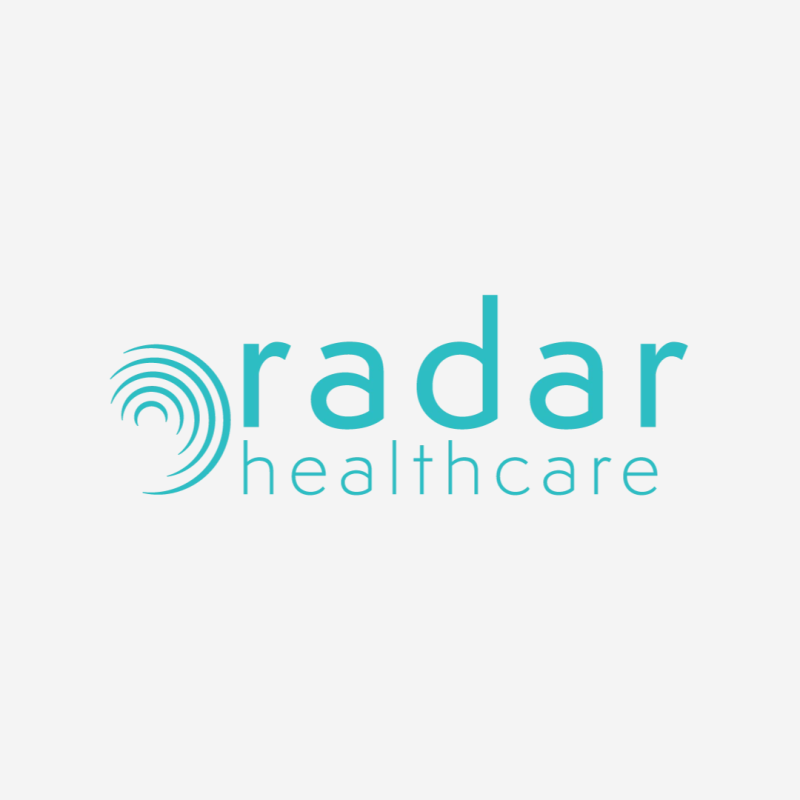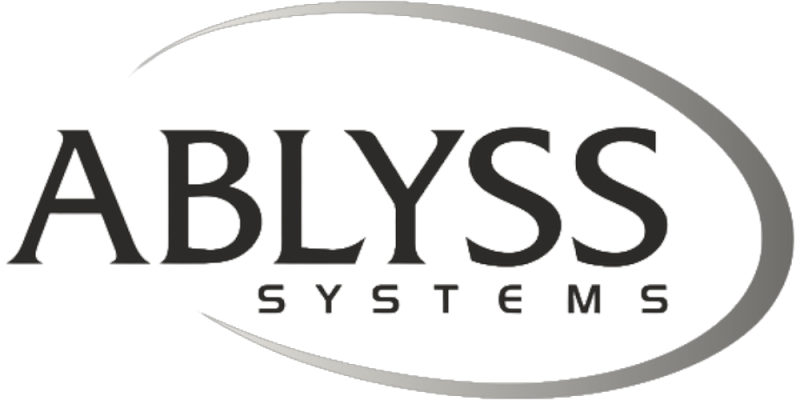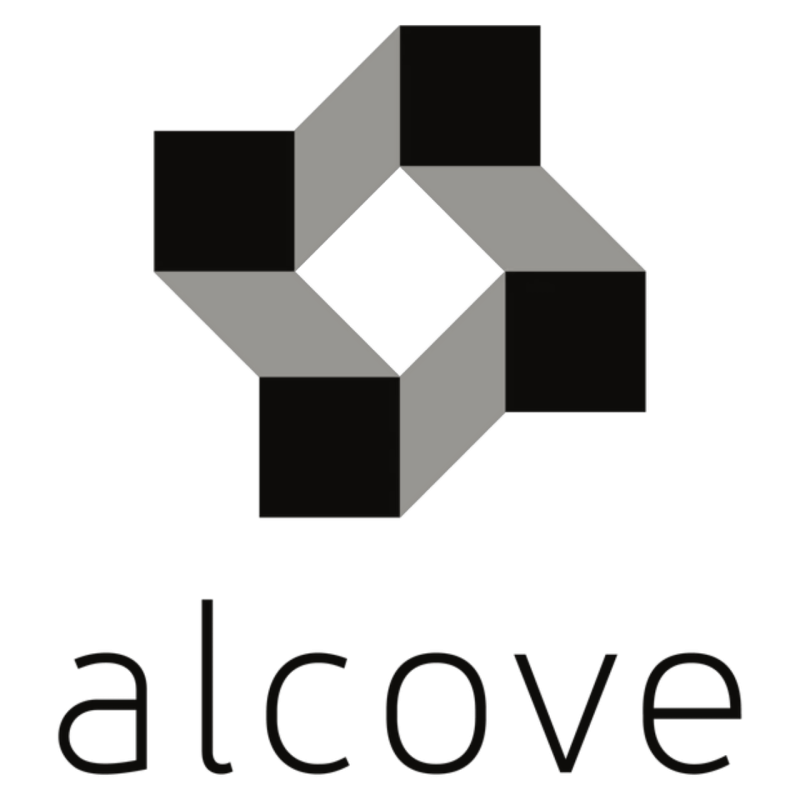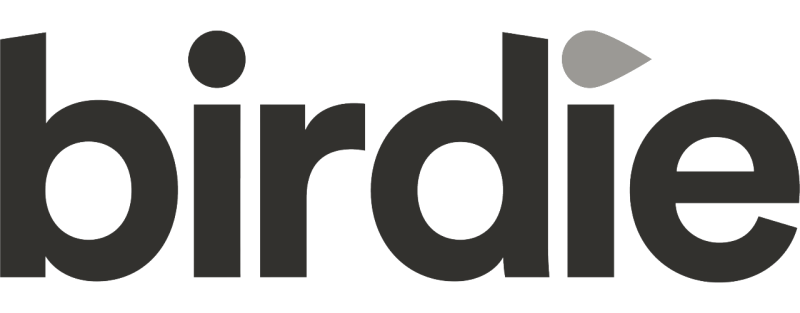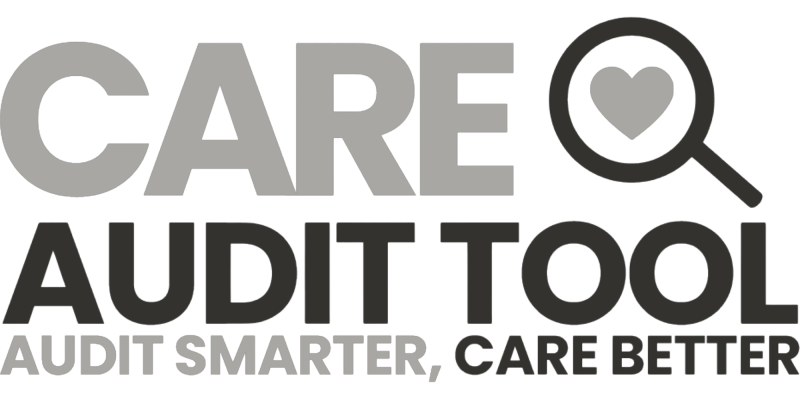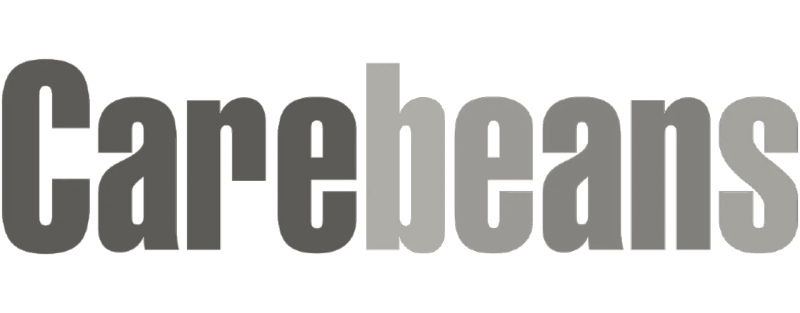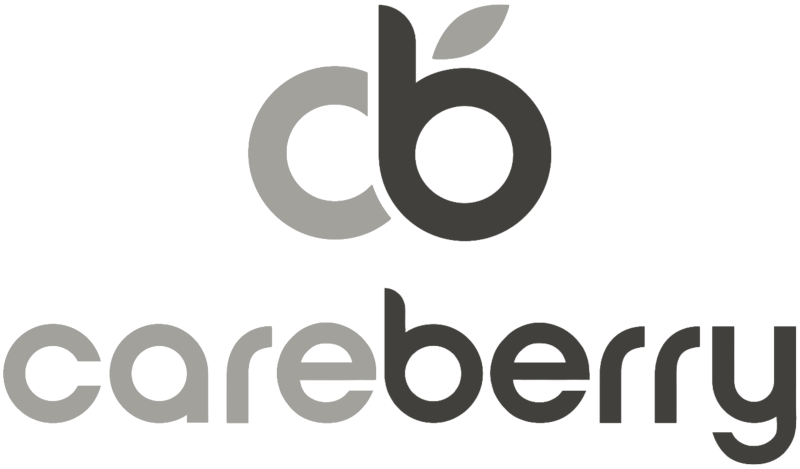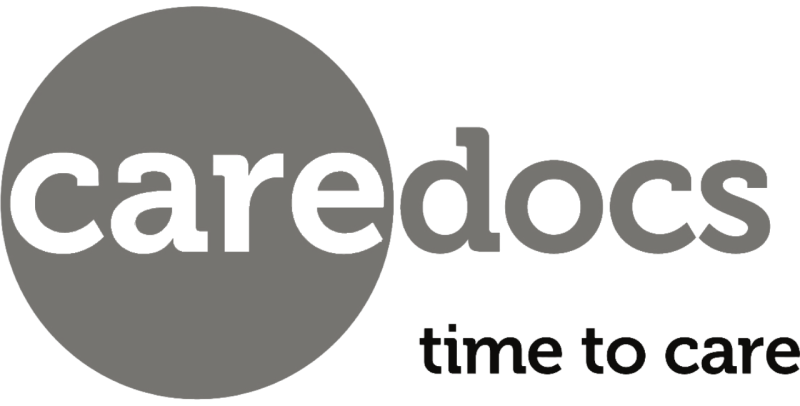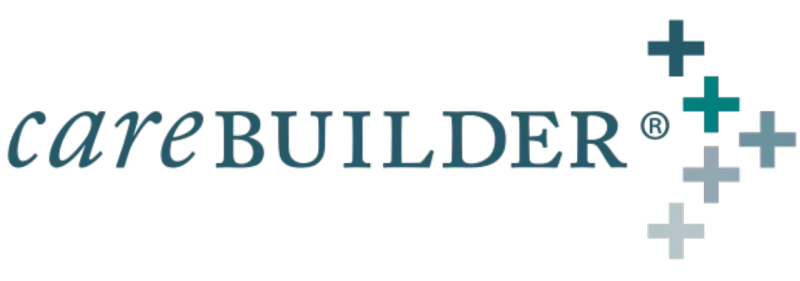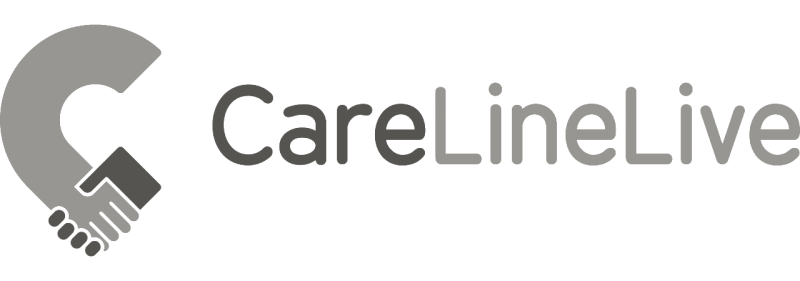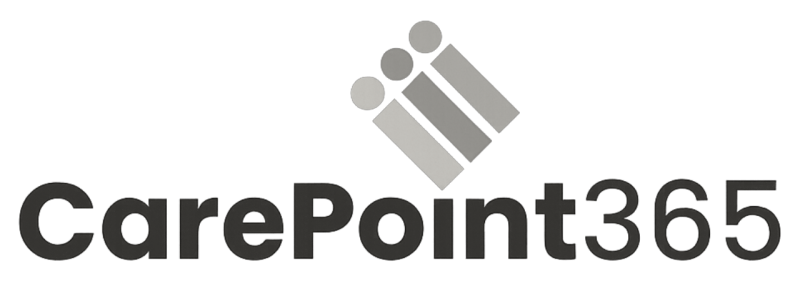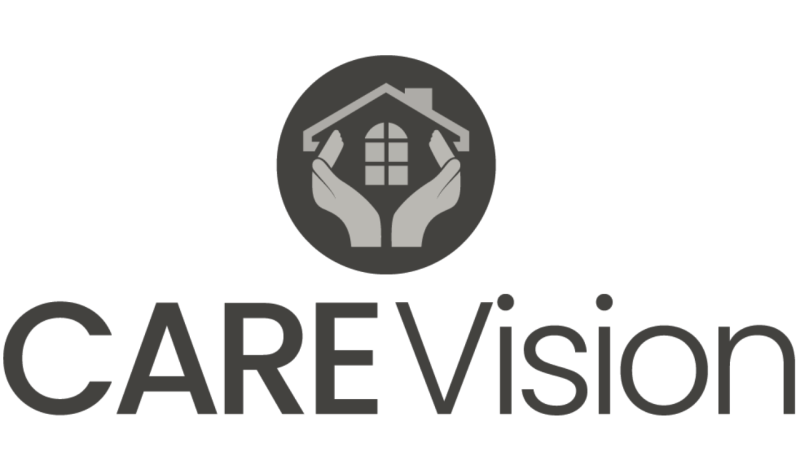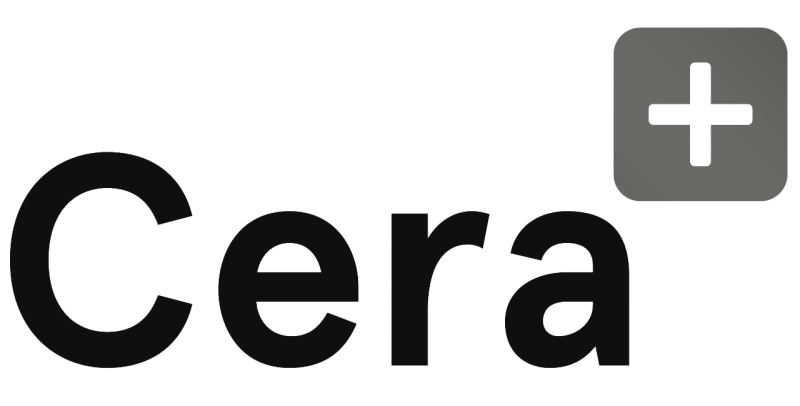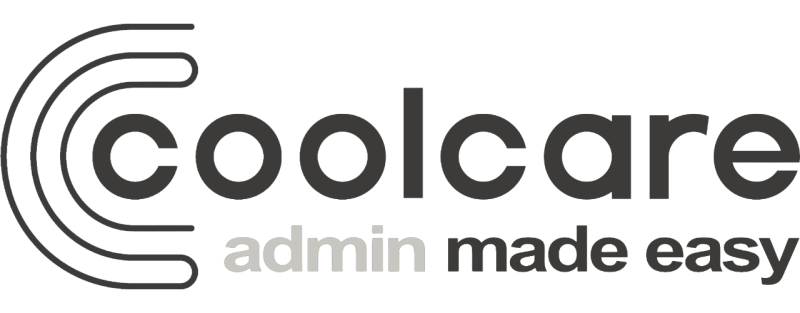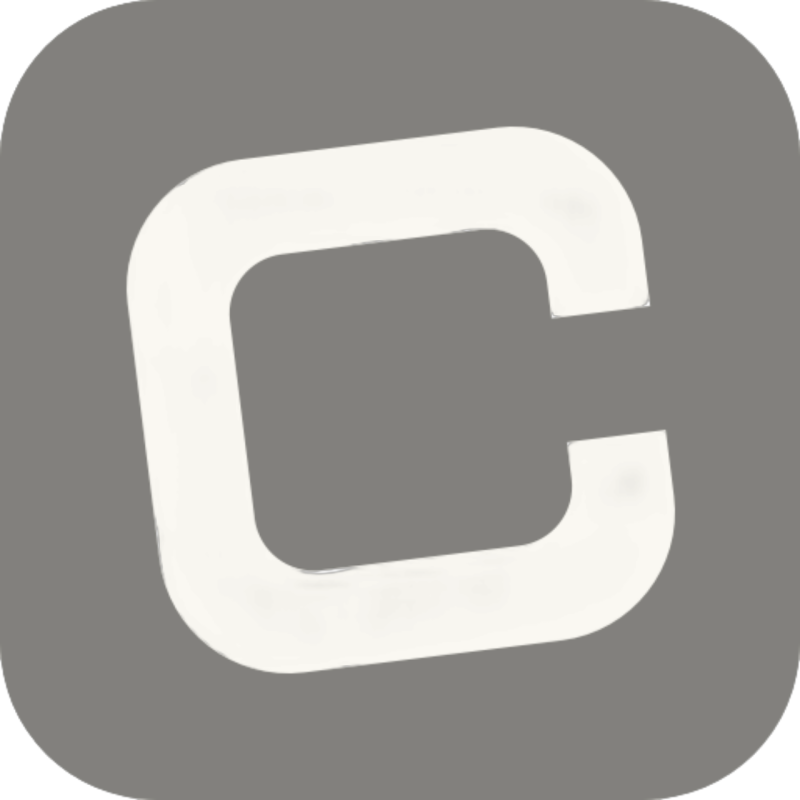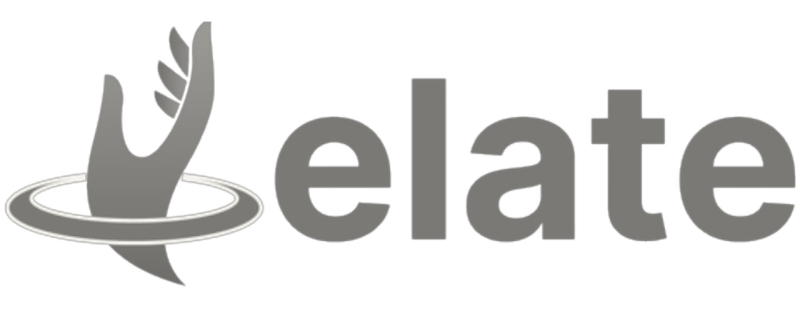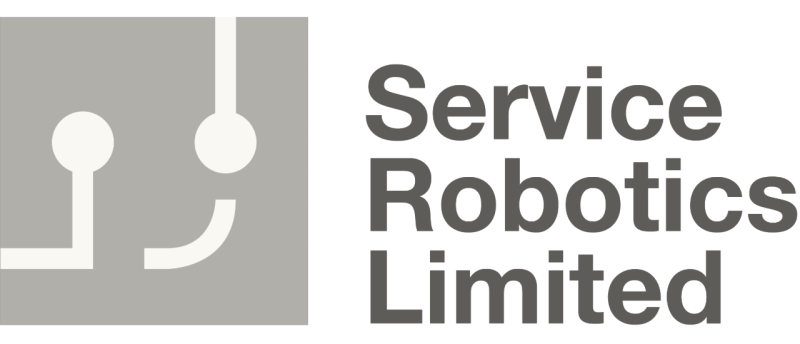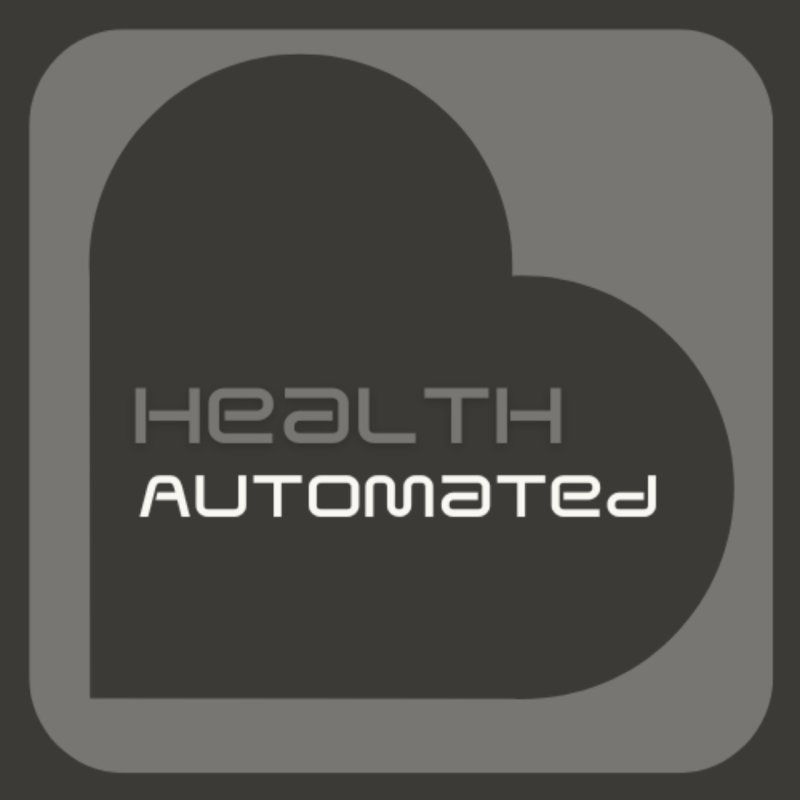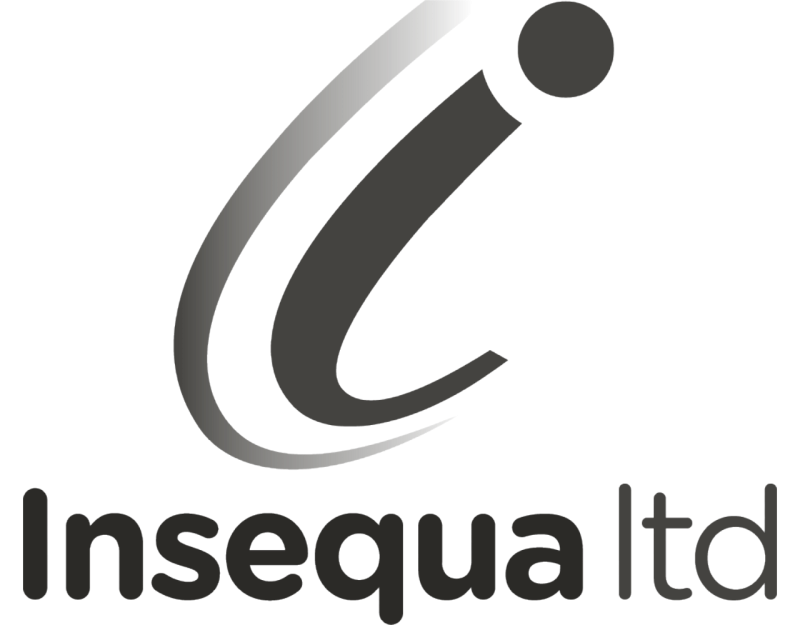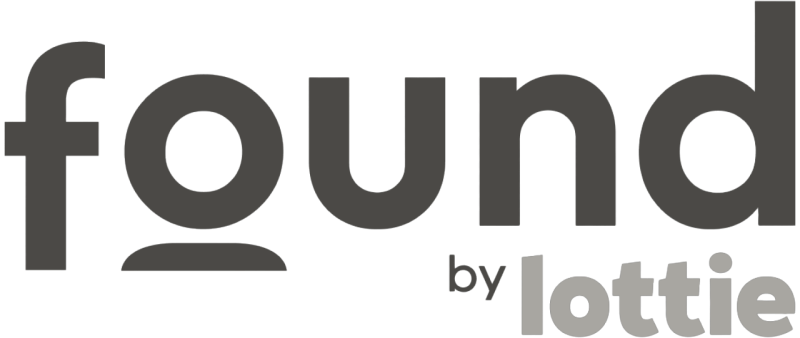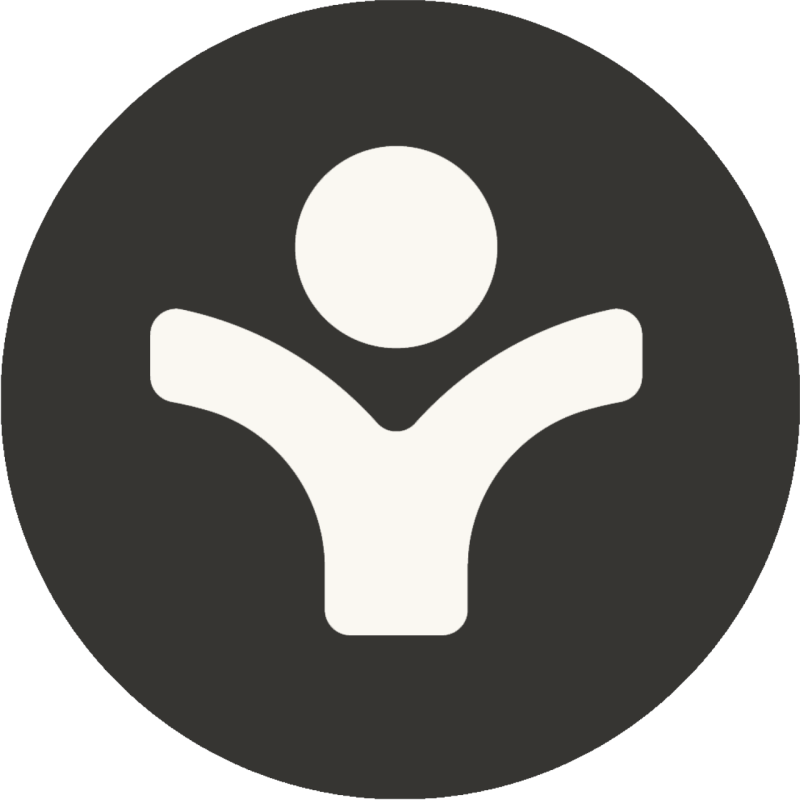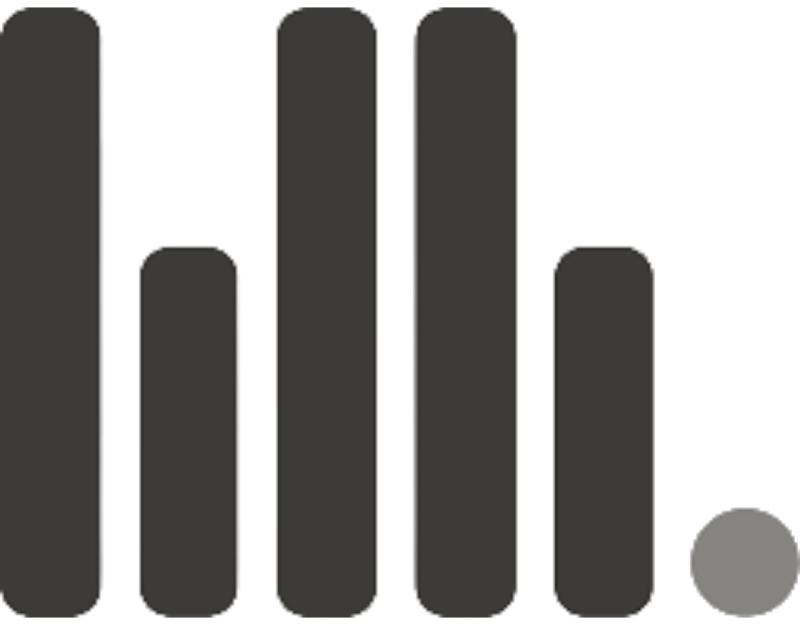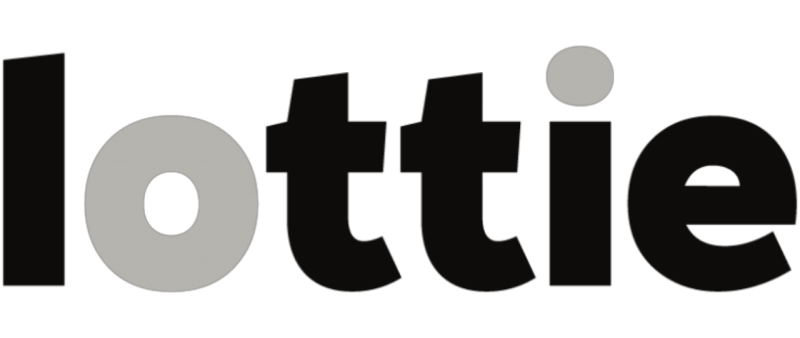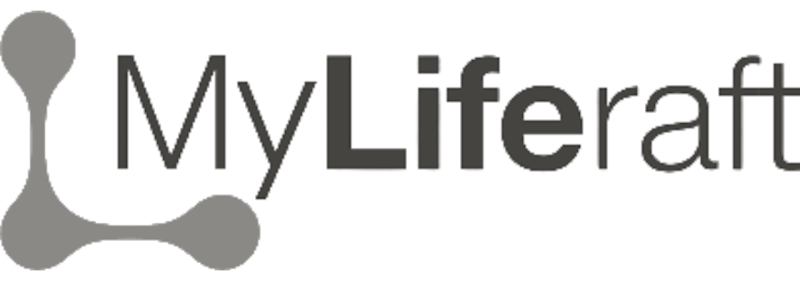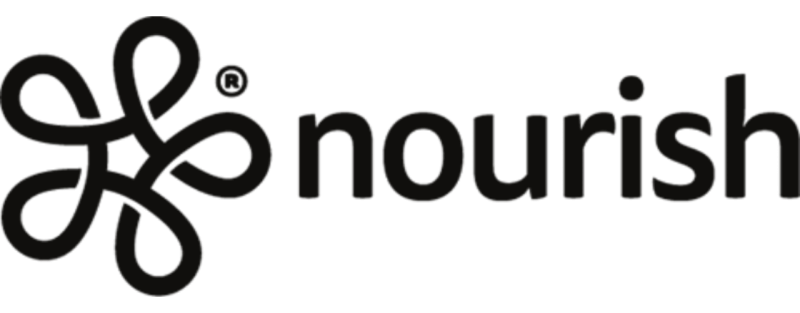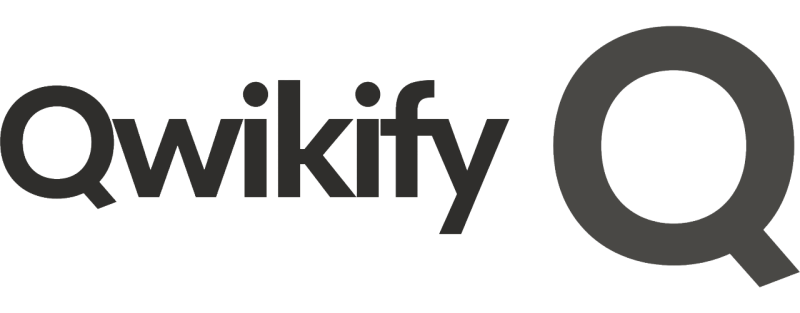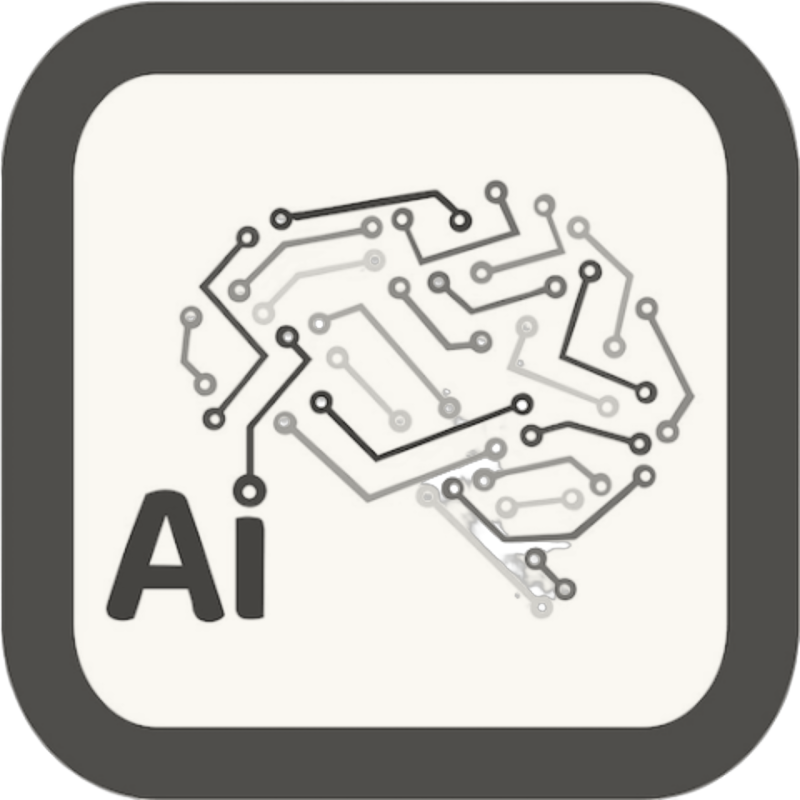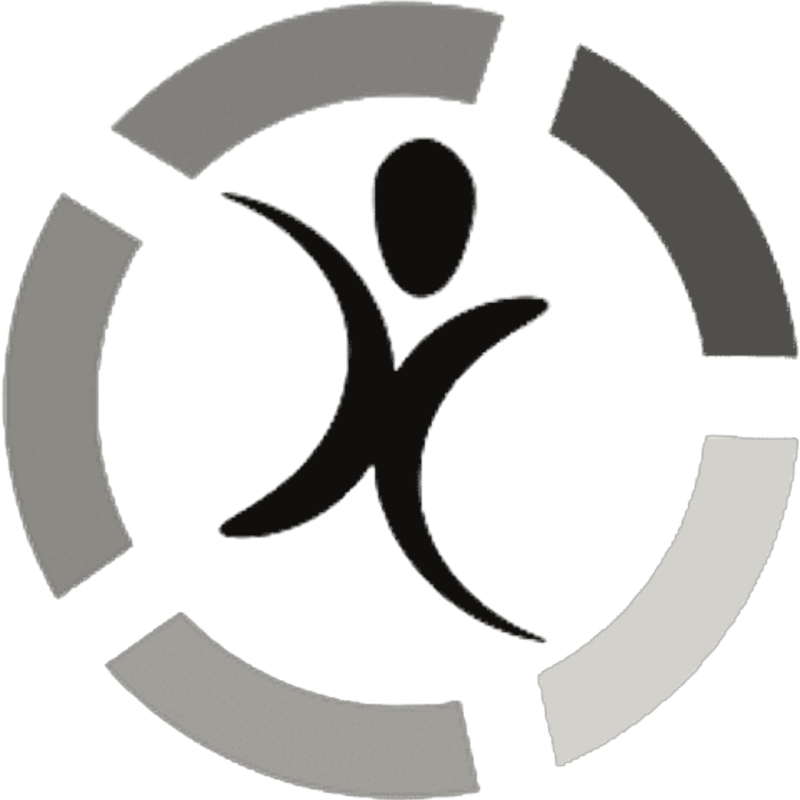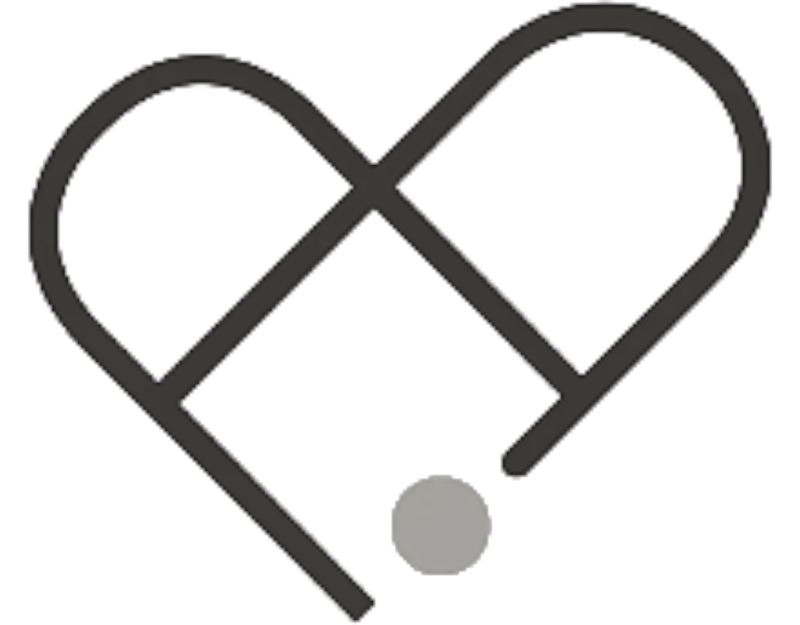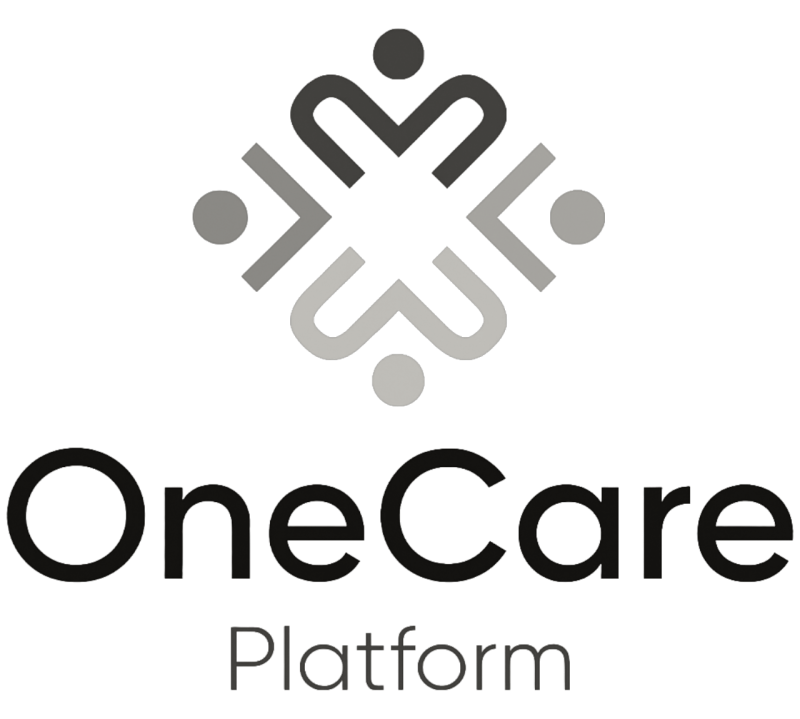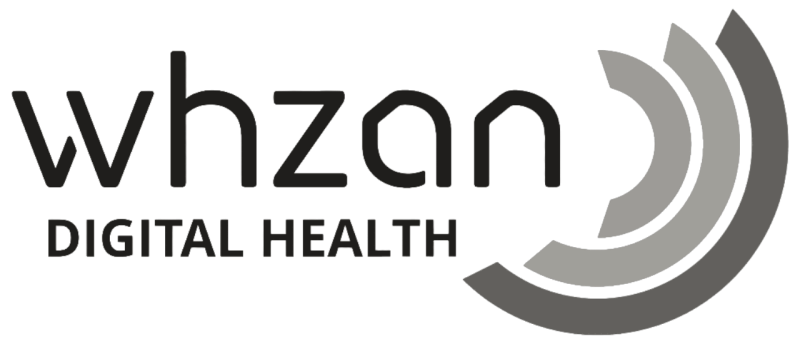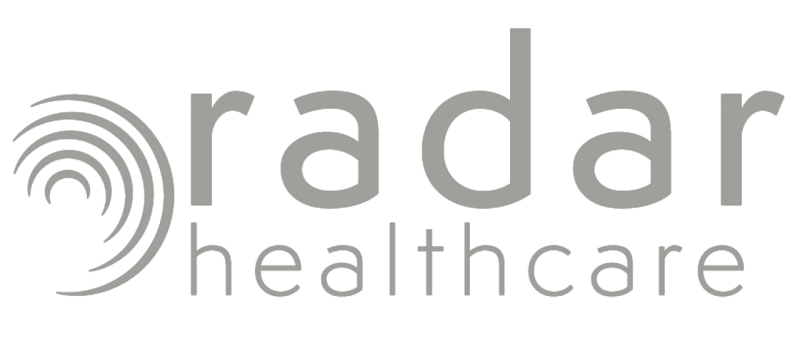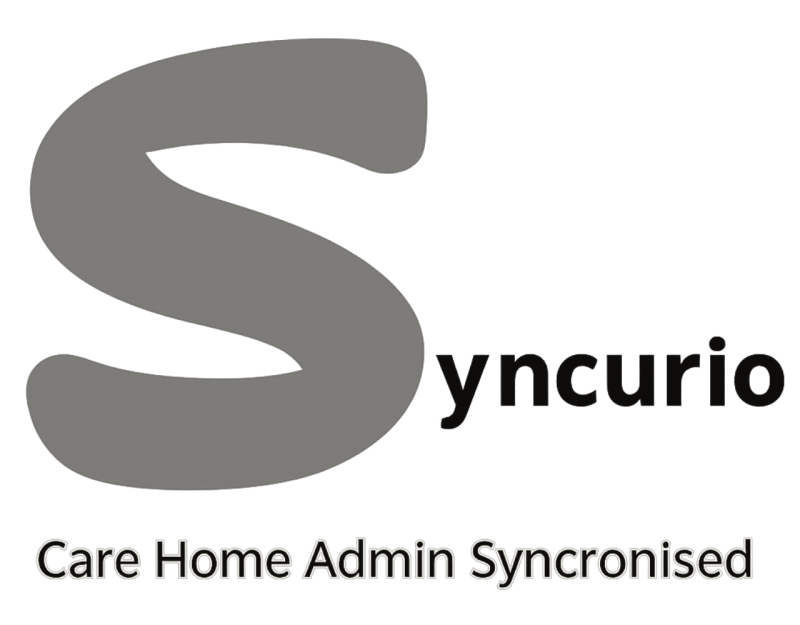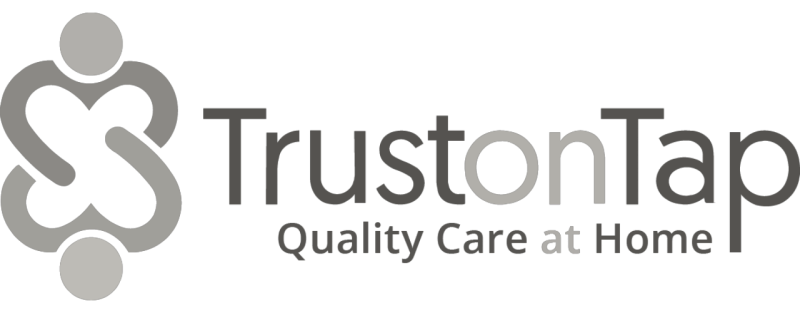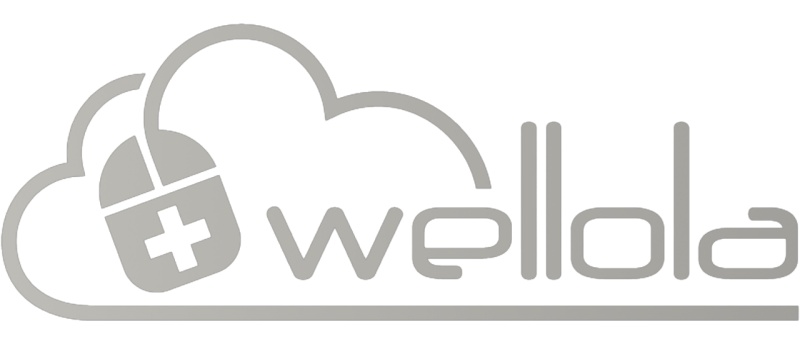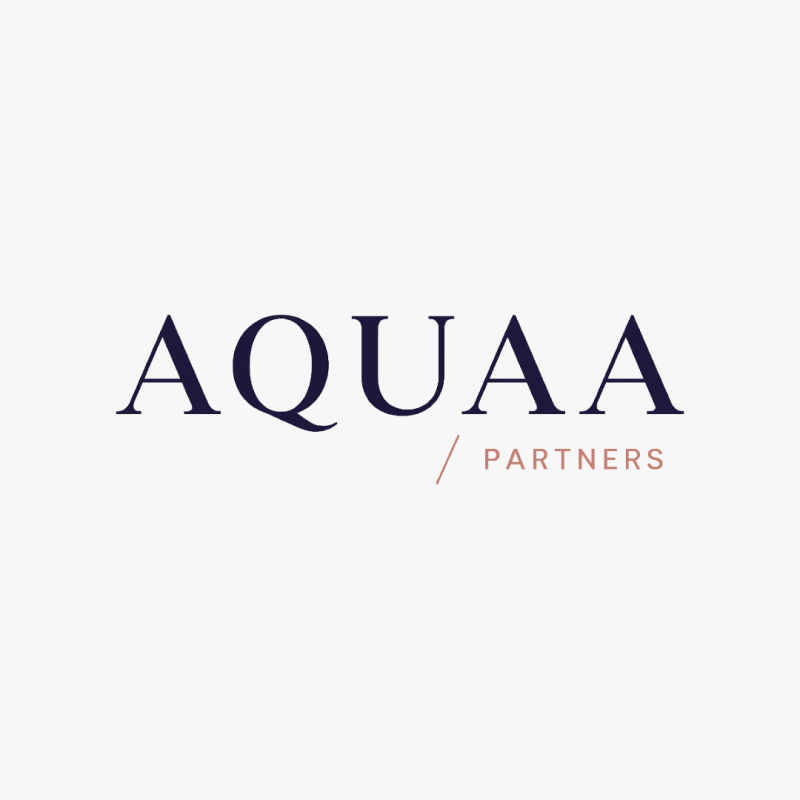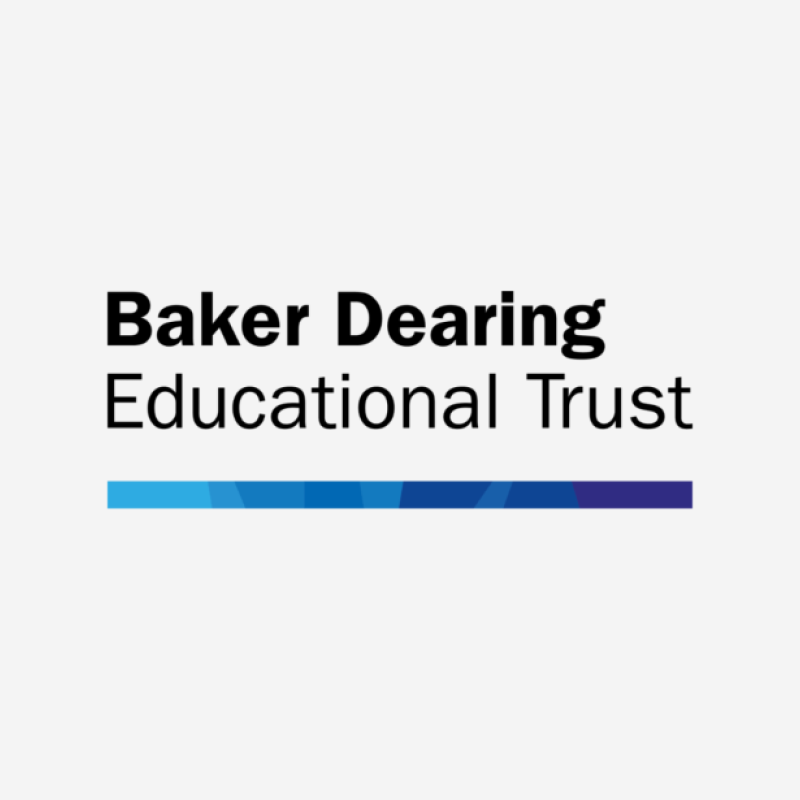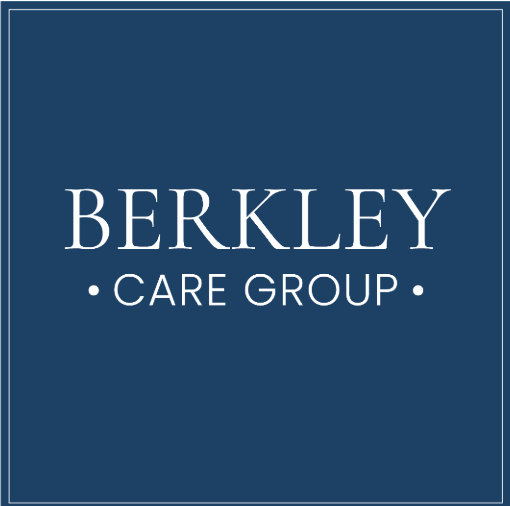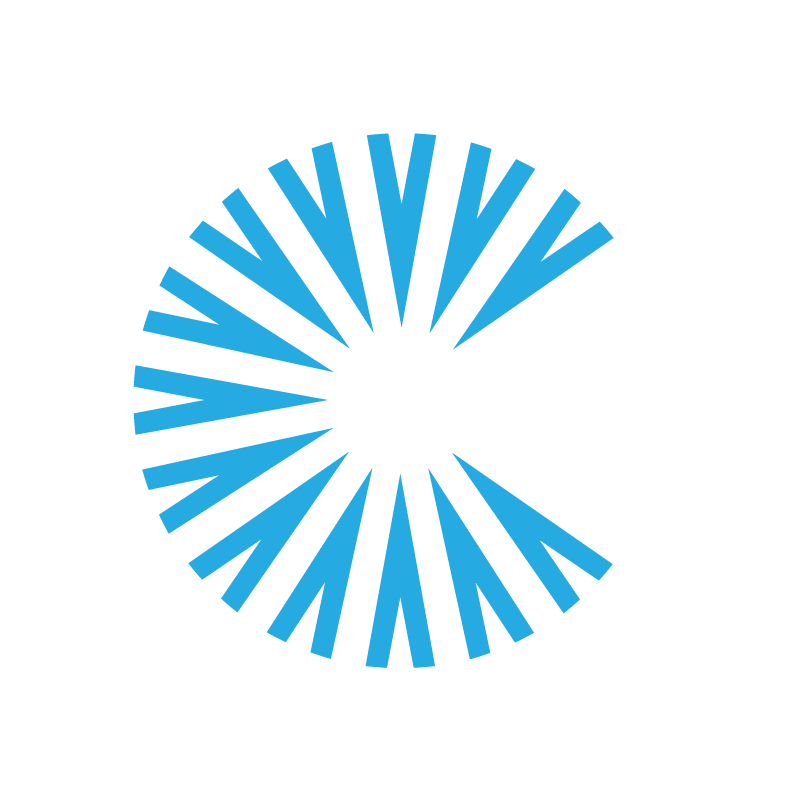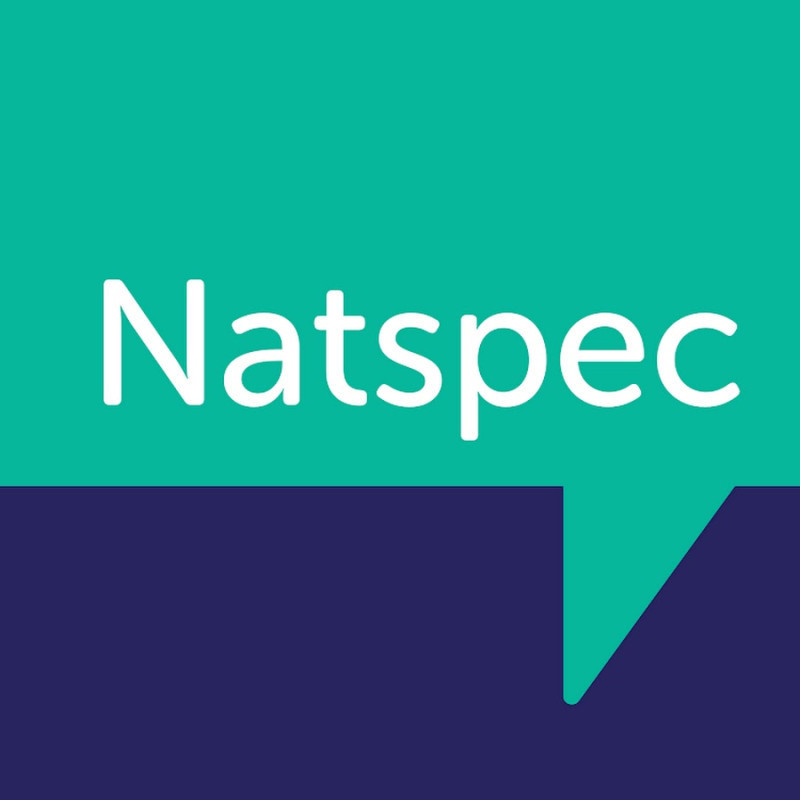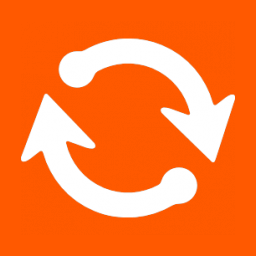Overview
Headquarters: Leeds, United Kingdom
Primary Function: Compliance and Auditing
Core Product: Radar Healthcare (risk, quality, and compliance management platform)
Introduction
Radar Healthcare is an award‑winning risk, quality, and compliance management platform designed for health and social care organisations. Founded in 2012, Radar Healthcare was created to address the growing complexity of regulatory requirements and the need for providers to evidence quality, safety, and continuous improvement.
The platform integrates incident management, audits, risk registers, workforce compliance, document management, and analytics into a single, cloud‑based system. By centralising these processes, Radar Healthcare enables providers to streamline operations, reduce duplication, and gain real‑time oversight of quality and compliance across their organisation.
Radar Healthcare’s mission is to “empower excellence, together”, reflecting its collaborative approach to working with providers. Its software is used by NHS Trusts, local authorities, care homes, domiciliary care agencies, and charities across the UK and internationally.
User Feedback: Strengths and Weaknesses
Feedback for Radar Healthcare comes from Capterra (4.7/5, 26 reviews), Trustpilot (4.0/5), and case studies from NHS Trusts and care providers. Overall, sentiment is strongly positive, though some caveats are noted.
Positive Feedback
Centralisation of processes
Providers consistently highlight the value of having incidents, complaints, audits, and risks all in one system. This reduces duplication and ensures nothing is missed.
Ease of use
Carers and managers describe the system as intuitive and user‑friendly. Staff can log incidents in real time, attach supporting documents, and track follow‑ups.
Customisation
Users appreciate the ability to tailor modules to their organisation’s needs. Data capture fields, workflows, and reports can be customised without coding.
Analytics and reporting
Managers value the dashboards and analytics, which provide clear oversight of trends, risks, and performance. This supports board reporting and inspection readiness.
Compliance and inspection readiness
Providers highlight the reassurance of having audit trails, inspection‑ready reports, and alignment with CQC and NHS standards.
Customer support
Testimonials frequently mention Radar Healthcare’s partnership approach. Users describe the company as responsive, collaborative, and committed to continuous improvement.
Efficiency gains
Case studies report significant time savings in incident reporting, audits, and compliance monitoring. One NHS Trust noted a 60% increase in productivity without increasing staff numbers.
Negative Feedback and Caveats
Learning curve for advanced features
While the basics are intuitive, some managers report that advanced modules (e.g., risk registers, analytics) require additional training.
Audit module limitations
Some users note that the audit module is currently limited to yes/no questions, though a more advanced version is in development.
Integration scope
While Radar Healthcare is interoperable, integration with legacy systems and external platforms can require additional configuration.
Cost considerations
Smaller providers note that while Radar Healthcare delivers strong value, subscription costs may be higher than simpler alternatives.
Interface for less tech‑savvy staff
A minority of reviews mention that some staff require extra support to adapt to the digital interface.
In summary, user sentiment is strongly positive around centralisation, ease of use, and compliance, while challenges include advanced training, audit flexibility, and cost.
Products and Capabilities
Radar Healthcare Platform (Cloud SaaS)
Radar Healthcare offers a modular system, allowing providers to select the tools they need. Key modules include:
Incident Management
Real‑time logging of incidents, complaints, and safeguarding concerns
Attach supporting documents, investigations, and follow‑ups
Escalation workflows and notifications
Full oversight from initial report to resolution
Risk Management
Digital risk registers
Customisable risk scoring and categorisation
Link risks to incidents, audits, and action plans
Supports proactive risk mitigation
Audit Management
Digital audit templates aligned with CQC and NHS standards
Real‑time scoring and reporting
Identify areas for improvement before inspections
Mock inspection tools
Workforce Compliance
Staff records and training compliance tracking
Expiry alerts for mandatory training and certifications
Workforce dashboards for managers
Document Management
Centralised storage of policies and procedures
Version control and audit trails
Staff access to the latest documents
Action and Improvement Plans
Collaborative digital action plans
Assign tasks, set deadlines, and track progress
Link actions to incidents, audits, and risks
Analytics and Reporting
Dashboards for managers and boards
KPI tracking and benchmarking
Exportable reports for governance and inspections
Interoperability and Standards
Radar Healthcare is designed as a comprehensive, interoperable platform, with:
GDPR compliance: Encryption, secure hosting, and audit trails
ISO 9001 and ISO 27001 certification: Quality and information security standards
NHS standards: Alignment with PSIRF (Patient Safety Incident Response Framework) and LFPSE (Learning from Patient Safety Events)
APIs: For integration with third‑party systems
This ensures providers can trust Radar Healthcare to meet regulatory requirements and support interoperability initiatives.
Market Position
Radar Healthcare operates primarily in the UK, serving:
NHS Trusts and hospitals
Residential care homes
Nursing homes
Supported living services
Domiciliary care providers
Charities and voluntary organisations
Multi‑site care groups
It differentiates itself through:
Comprehensive coverage: Risk, quality, compliance, and workforce management in one system
Customisation: Flexible modules tailored to provider needs
Regulatory assurance: Alignment with CQC, NHS, and ISO standards
Partnership approach: Collaborative support and continuous improvement
Scalability: Suitable for small providers and large NHS Trusts
Competitors include QCS, OneAdvanced, and PredicAire. Radar Healthcare positions itself as the modular, compliance‑aligned alternative, particularly attractive to providers seeking centralisation and analytics.
Implementation and Support
Radar Healthcare emphasises a partnership approach, with:
Free demos and ROI calculators
Onboarding workshops and training
Dedicated account managers
Responsive support team
Regular updates and webinars
Community engagement through the What the HealthTech? podcast
Providers report smooth implementation and strong support, though some note that advanced configuration requires time and training.
Security and Data Protection
Radar Healthcare places a strong emphasis on safeguarding sensitive information through a comprehensive security framework. At its foundation is GDPR compliance, ensuring that all personal and health data is processed lawfully and transparently. The company also holds ISO 9001 and ISO 27001 certifications, demonstrating adherence to internationally recognised standards for quality management and information security.
Data is protected with encryption and secure hosting, reducing risks both in transit and at rest. Access is tightly managed via role‑based permissions, ensuring users only see the information relevant to their responsibilities. To maintain accountability, the system generates audit trails and detailed activity logs, giving providers clear oversight of data use.
For resilience, Radar Healthcare operates regular backup routines and disaster recovery protocols, enabling rapid restoration of services in the event of disruption. Taken together, these measures provide a layered approach to security that supports compliance, operational continuity, and trust in the platform’s handling of critical healthcare data.
Conclusion
Radar Healthcare is a leading UK provider of risk, quality, and compliance management software, offering a modular, cloud‑based platform that unifies incident management, audits, risk registers, workforce compliance, and analytics. Its strength lies in centralising processes, improving oversight, and supporting continuous improvement.
User feedback consistently highlights centralisation, ease of use, and compliance support, while challenges include advanced training, audit flexibility, and cost.
For care providers seeking a trusted, compliance‑aligned platform with strong regulatory credentials and comprehensive functionality, Radar Healthcare represents a credible and established option. Its emphasis on partnership, scalability, and analytics positions it as a key player in the UK care management software market.
References
Capterra – Radar Healthcare Reviews https://www.capterra.co.uk/reviews/196713/radar-healthcare
Capterra – Radar Healthcare Reviews (Pros & Cons) https://www.capterra.com/p/196713/Radar-Healthcare/reviews/
Trustpilot – Radar Healthcare Reviews https://uk.trustpilot.com/review/radarhealthcare.com
Radar Healthcare – Official Website https://radarhealthcare.com/
Care England – Radar Healthcare Partner Overview https://www.careengland.org.uk/radar-healthcare-0/
NQA – Radar Healthcare ISO 27001 Case Study [https://www.nqa.com/en-gb/resources
